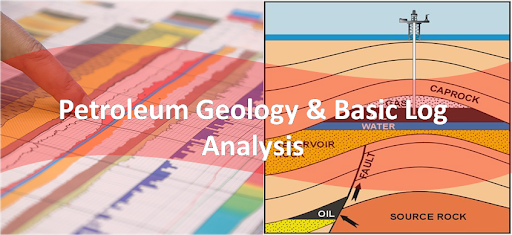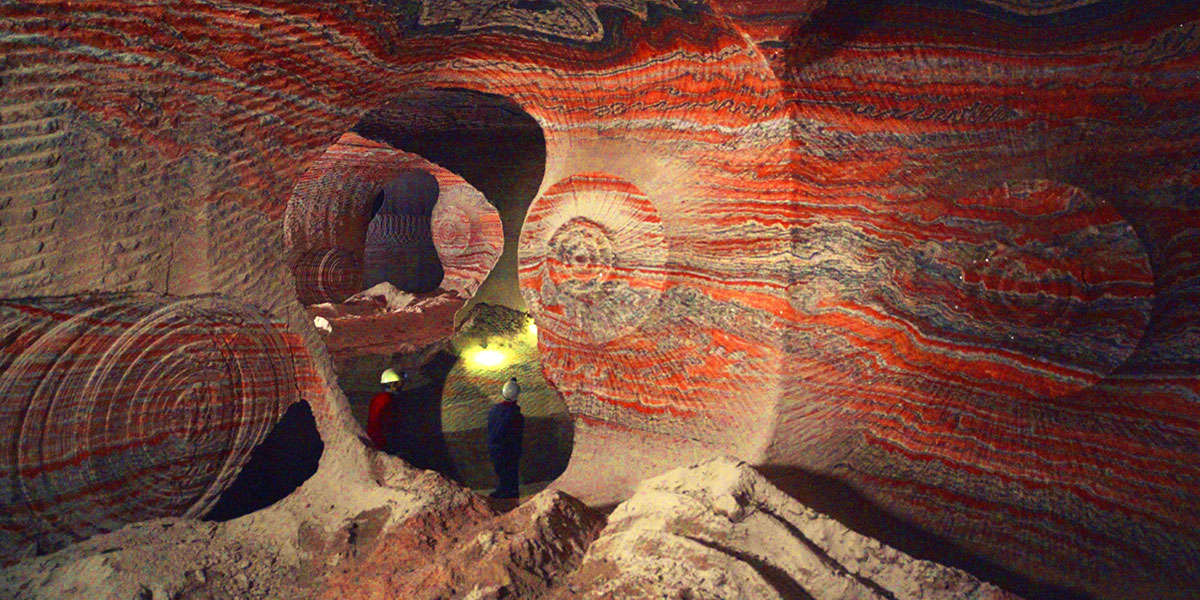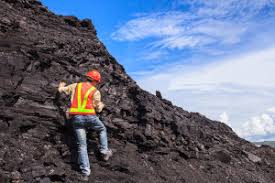

The physical characteristics of a reservoir, how petroleum originated and in what type of rock, what types of fluids exist in the reservoir, how hydrocarbons become trapped, and basic well log analysis are some of the concepts vital to the production and recovery efforts of any exploration or energy service company.
By the end of this course delegates will be able to:
Geologists, Geophysicists, Petrophysicists, Stratigraphers , Reservoir, Petroleum, Wellsite Geologists, Petroleum Engineers, Drilling Engineers, Reservoir Engineers, Production Engineers, Operations Engineers, Technologists, Log Analysts, E&P Personnel, Exploration & Development Personnel, Geologists, Reservoir Engineers, Seismic Interpreters, E&P Managers, Oil & Gas Personnel
Course Outline:
BTS attendance certificate will be issued to all attendees completing minimum of 80% of the total course duration.
| Code | Date | Venue | Fees | Register |
|---|---|---|---|---|
| GE109-02 | 18-05-2026 | Istanbul | USD 5950 | |
| GE109-03 | 23-08-2026 | Jeddah | USD 5450 | |
| GE109-04 | 15-11-2026 | Dubai | USD 5450 |

This course will provide the candidates with the fundamentals and language of petroleum geology, exploration, drilling and production. This understanding will enable you to communicate more efficientl ...

This course provides the candidates with a technical overview of the science and art of geology including drilling operations, completion practices and post-completion wellbore enhancement or remedial ...

This course is designed for professionals who work with, or rely on, analyses provided by reservoir engineers, or who otherwise need to understand and communicate with them on a technical or commercia ...

The course will cover fundamentals of geological principles employed to find, develop and produce oil and gas reservoirs, the type of data required to build a model of the subsurface, and the differen ...
Providing services with a high quality that are satisfying the requirements
Appling the specifications and legalizations to ensure the quality of service.
Best utilization of resources for continually improving the business activities.
BTS keen to selects highly technical instructors based on professional field experience
Since BTS was established, it considered a training partner for world class oil & gas institution
1st floor, Incubator Buildingو Masdar City, Abu Dhabi, UAE
Sun to Fri 09:00 AM to 06:00 PM
Contact Us anytime!
Request Info